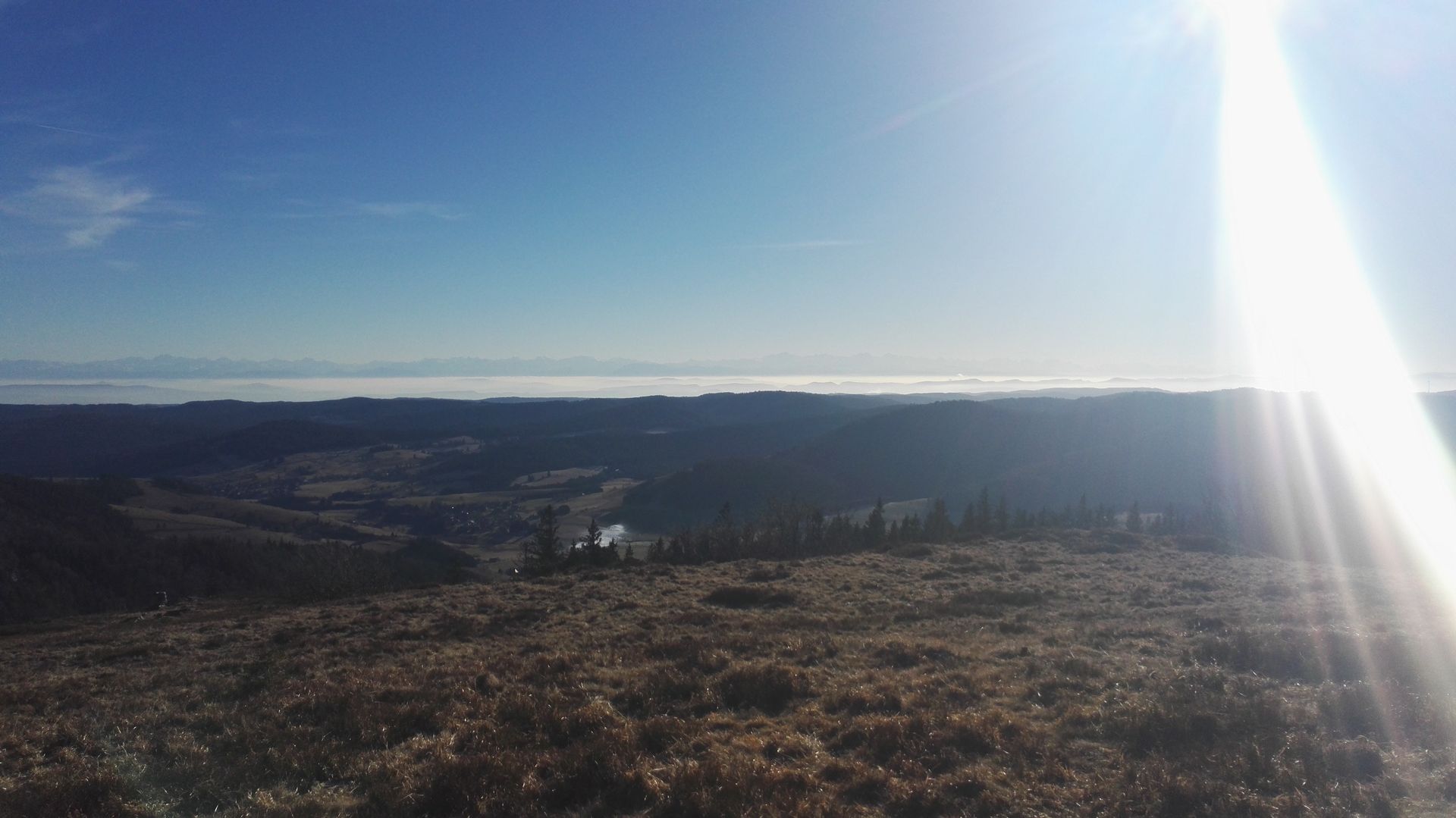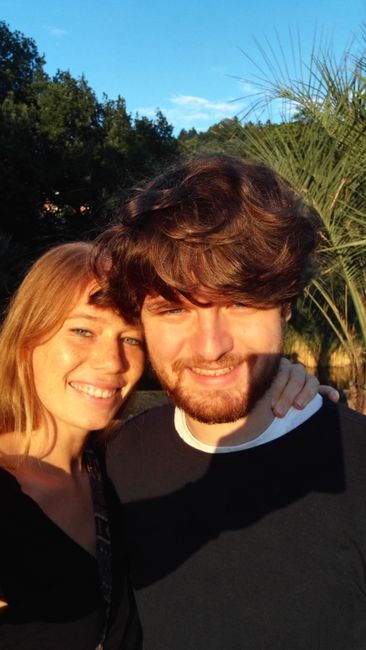Farm life in Argentina
Publicēts: 26.01.2019
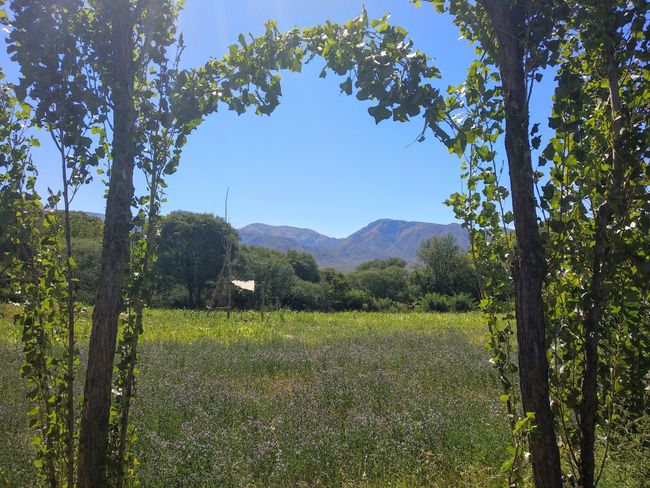
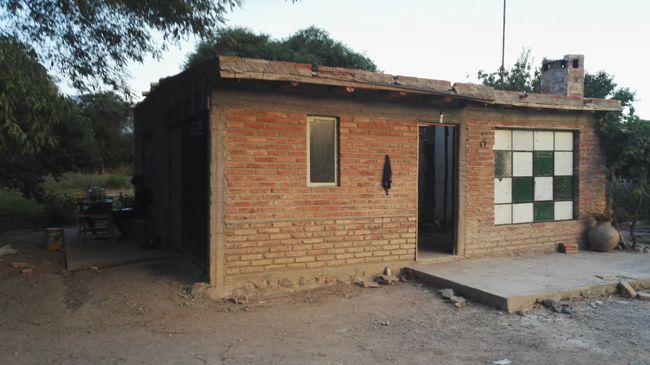
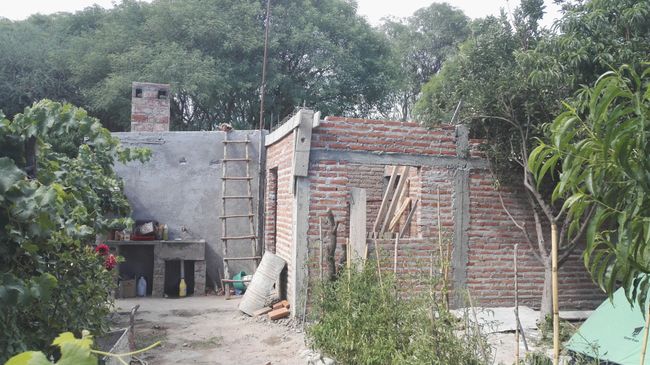
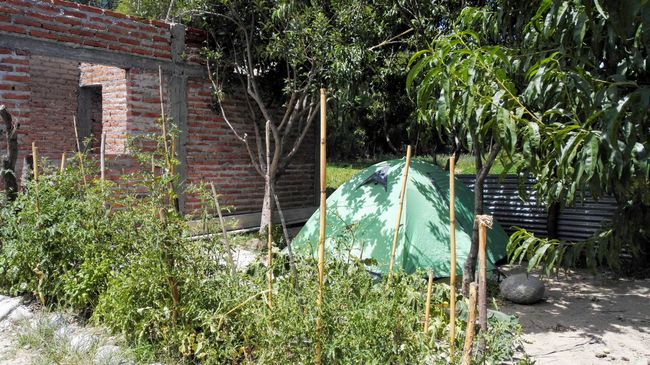
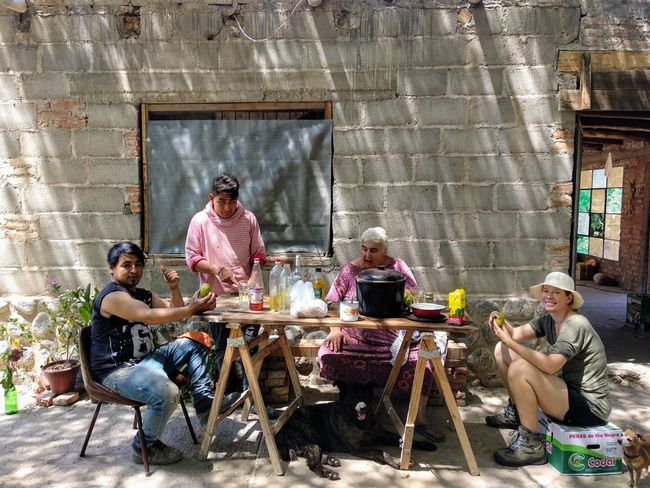
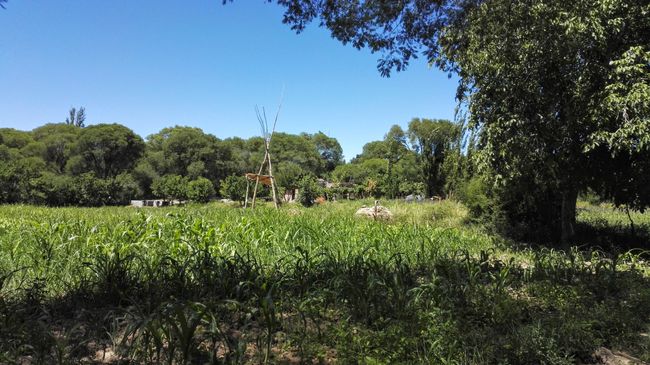
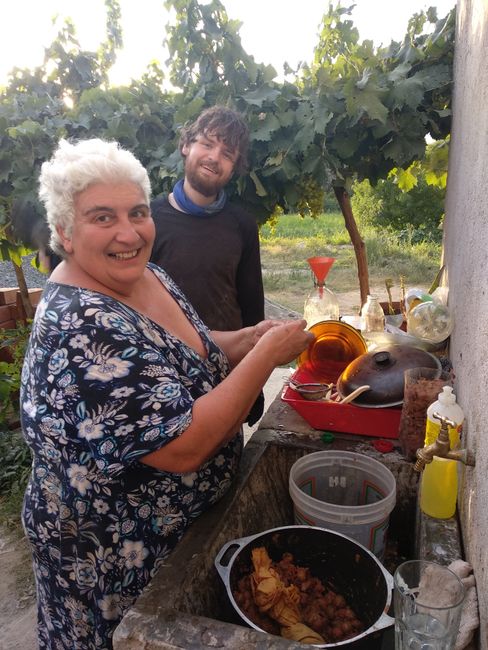
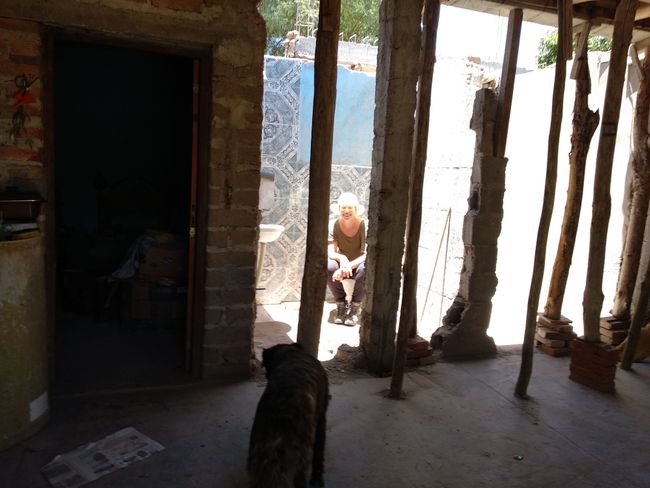
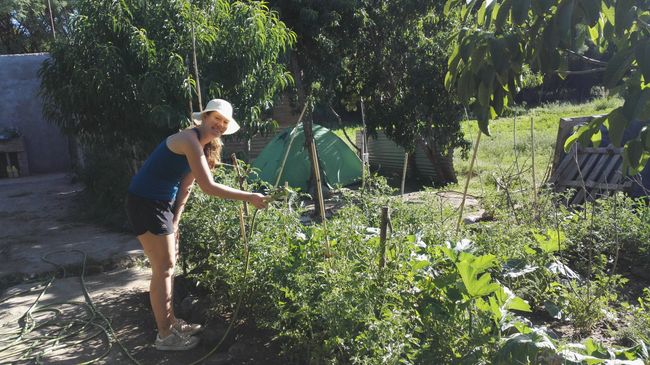
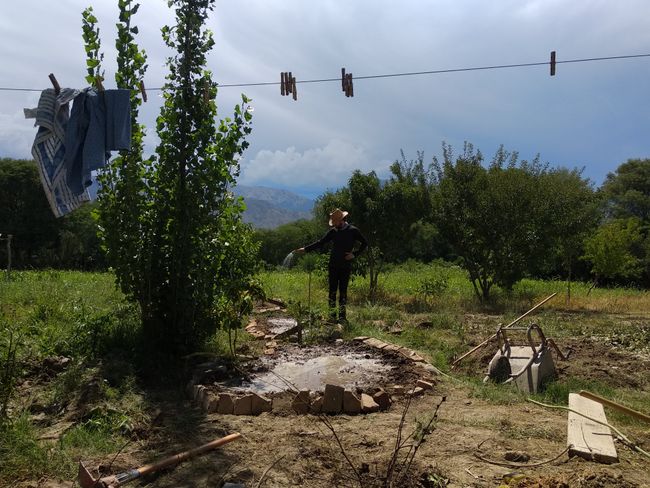
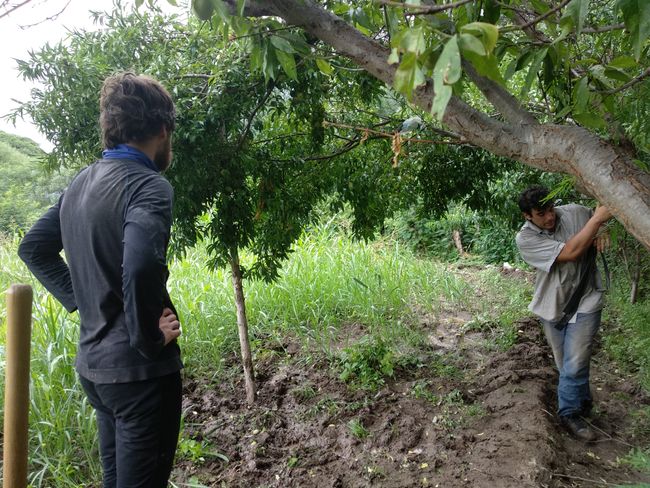
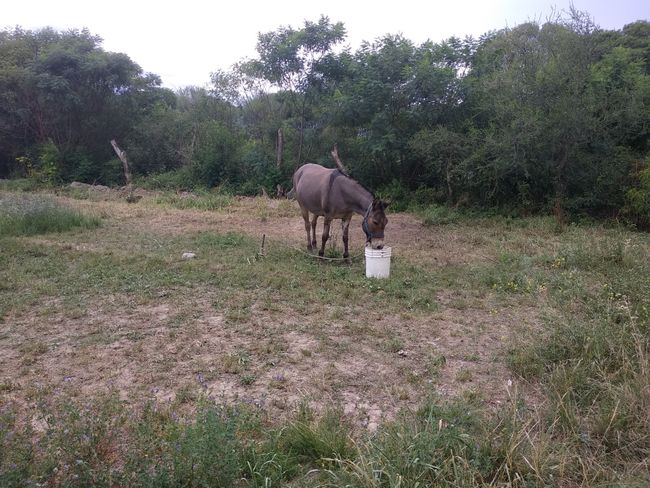
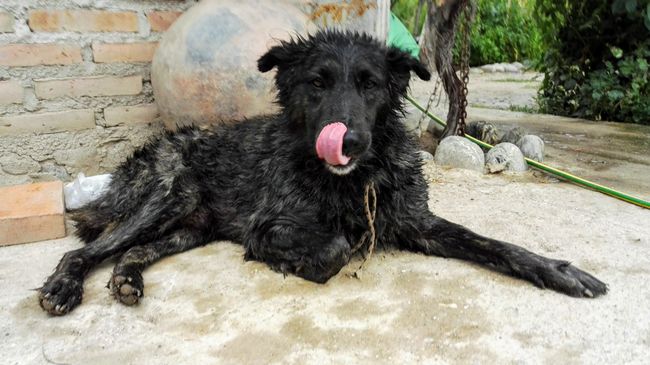
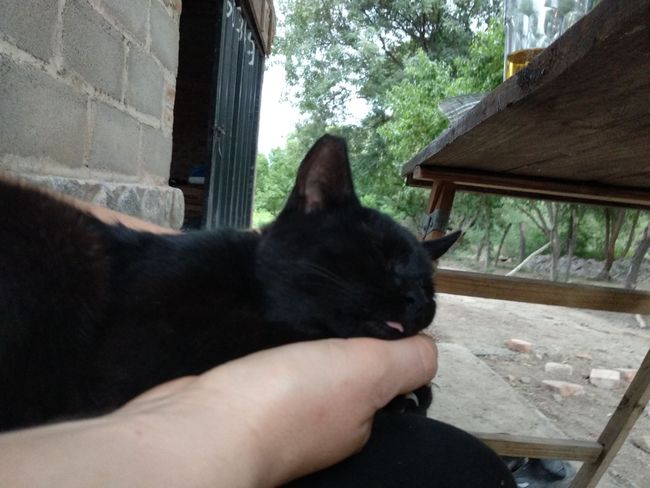
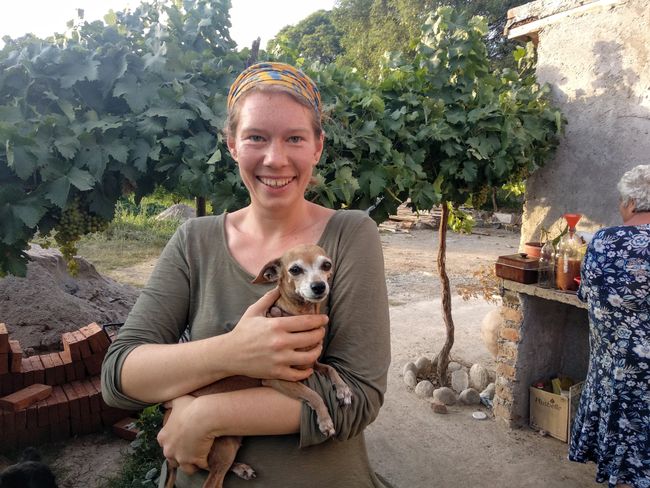
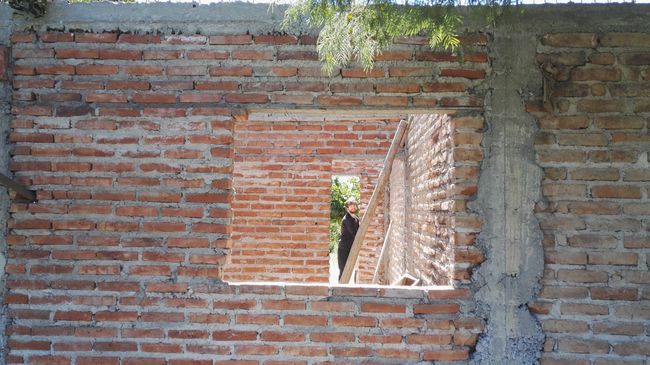
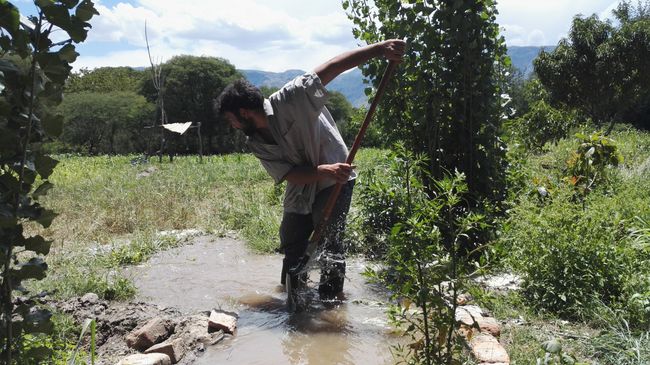
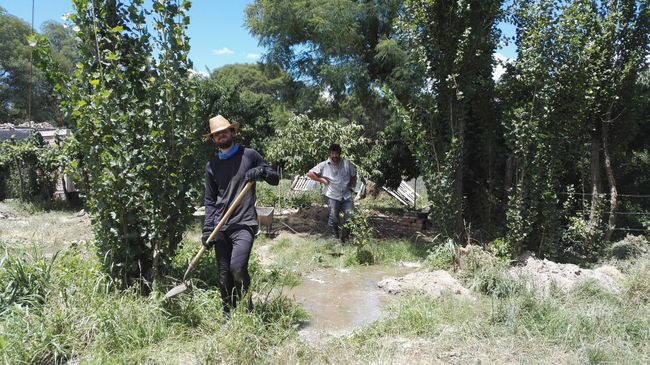
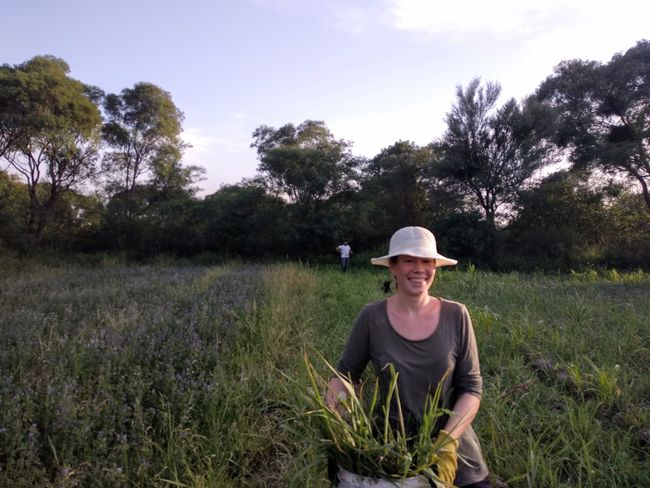
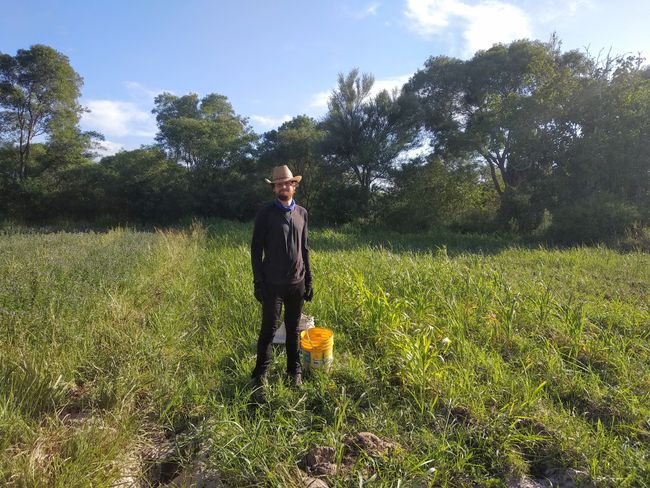
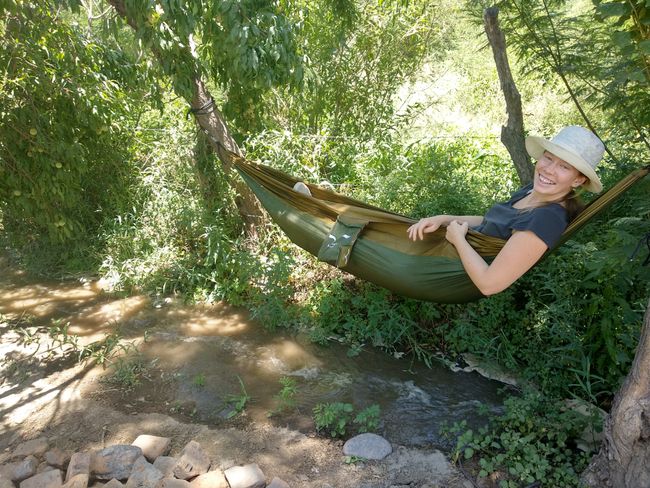
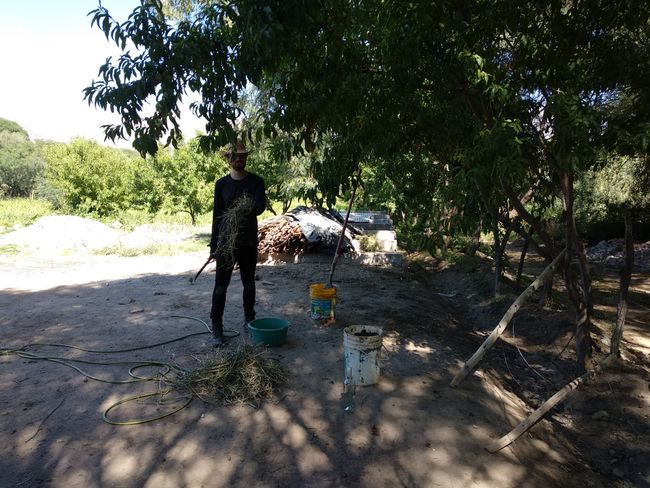
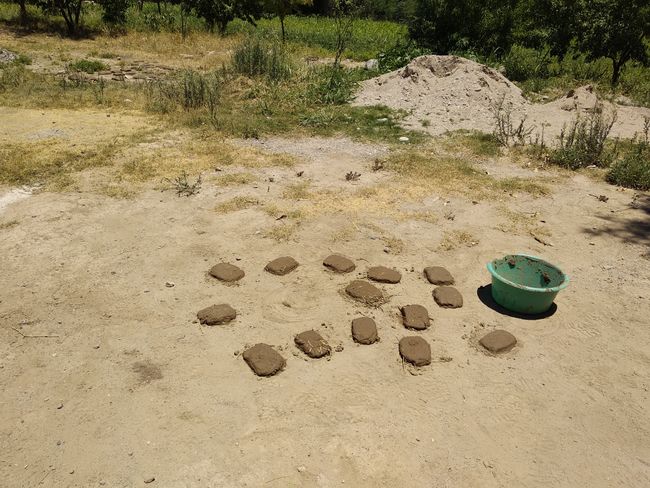
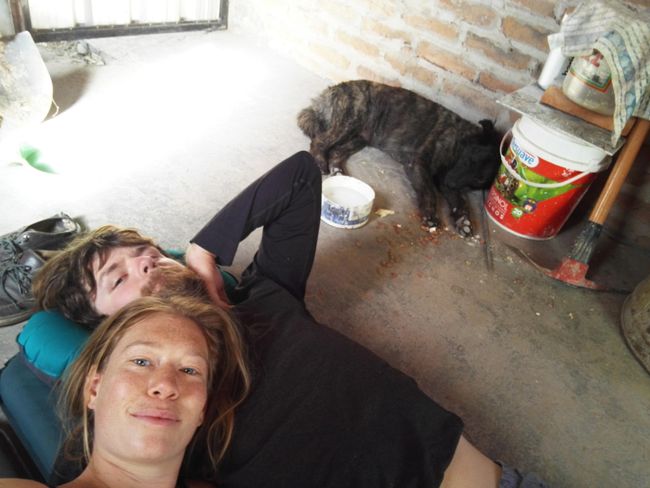
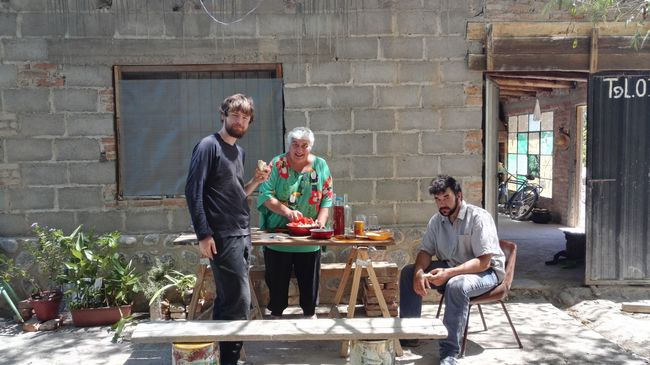
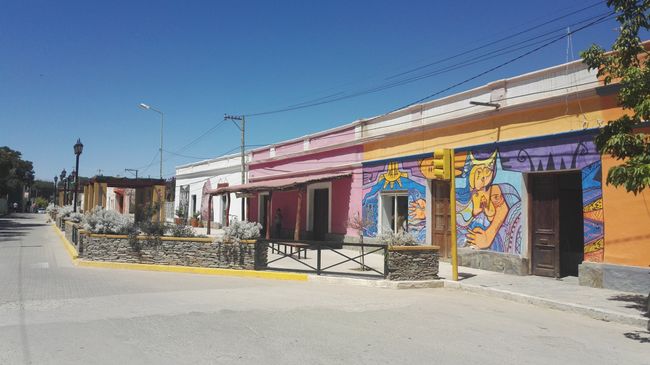
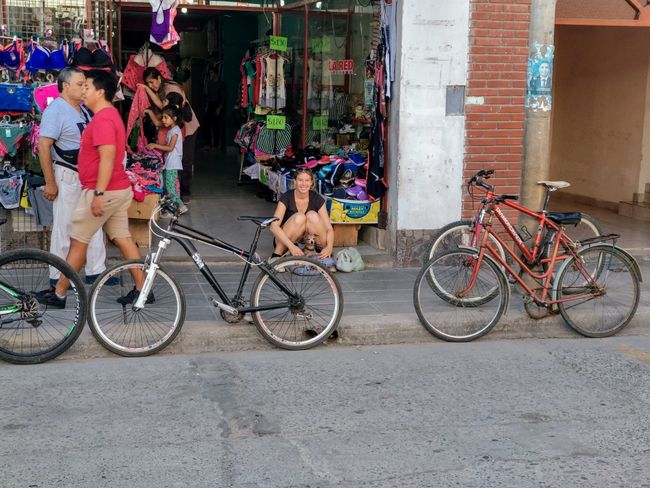
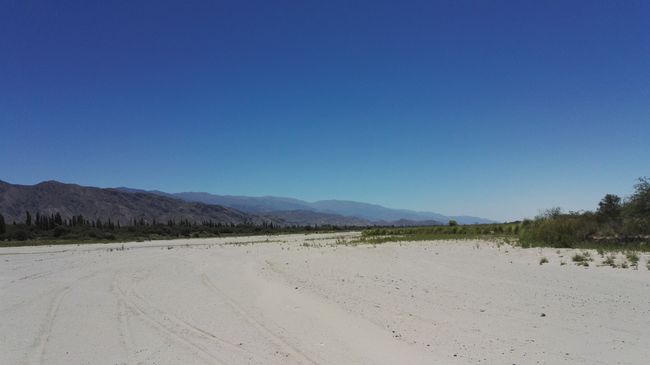
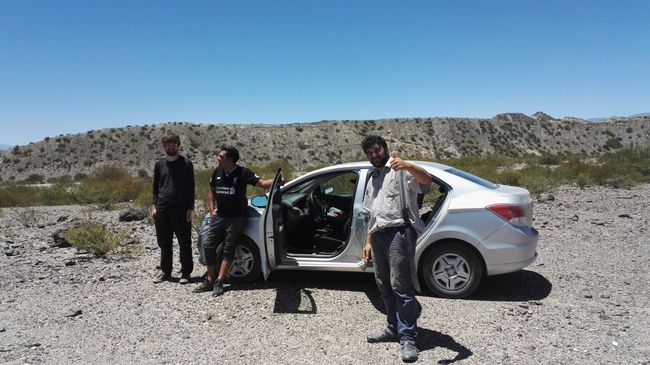
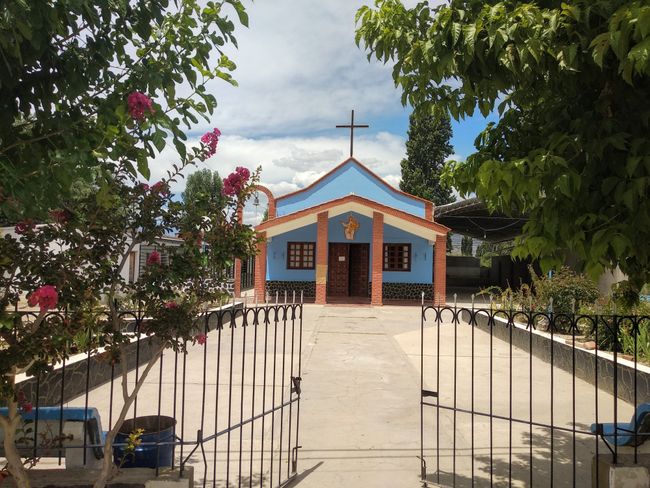
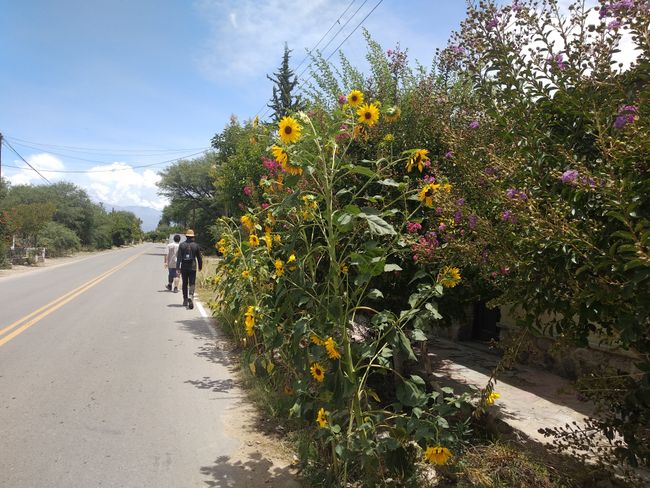
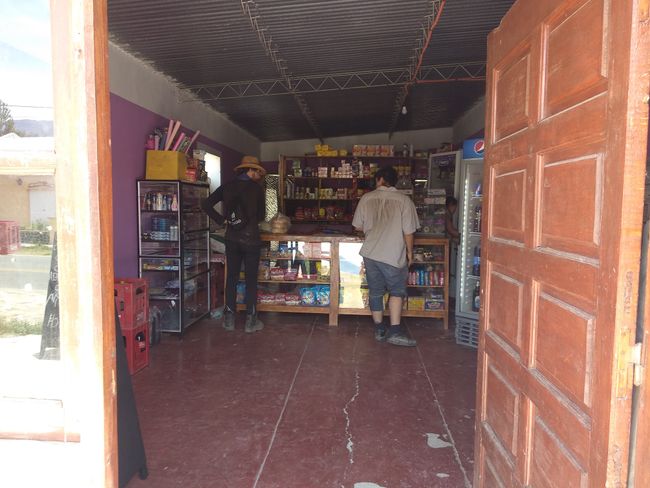
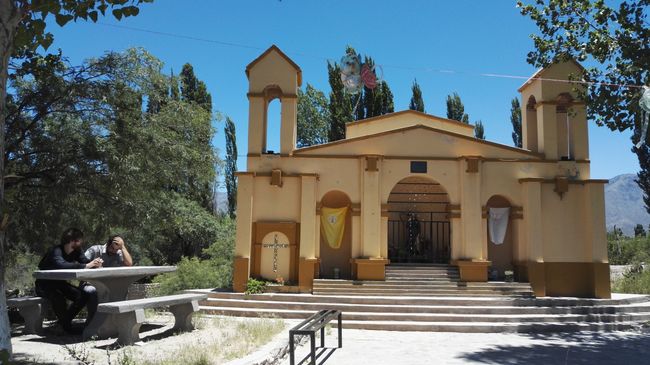
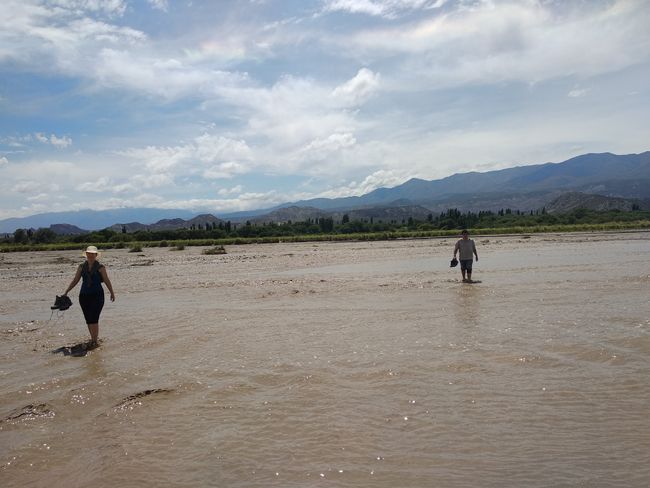
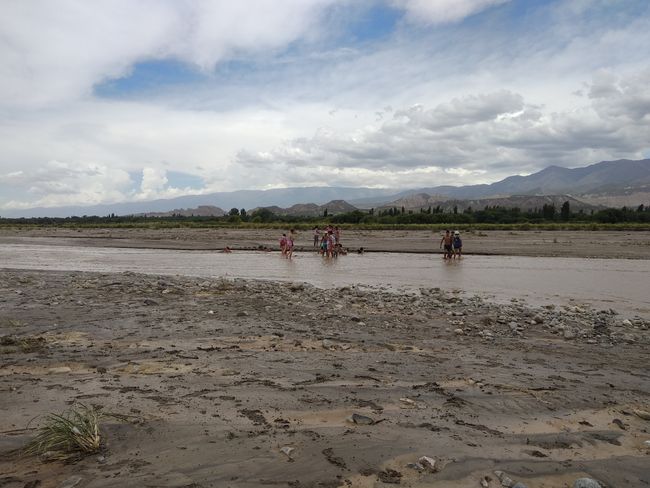
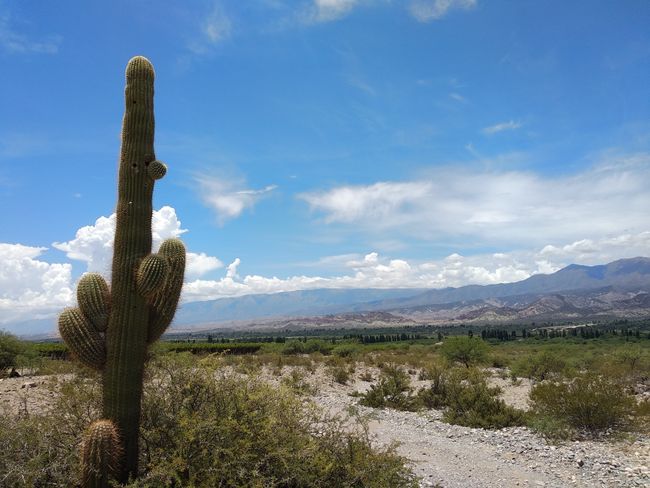
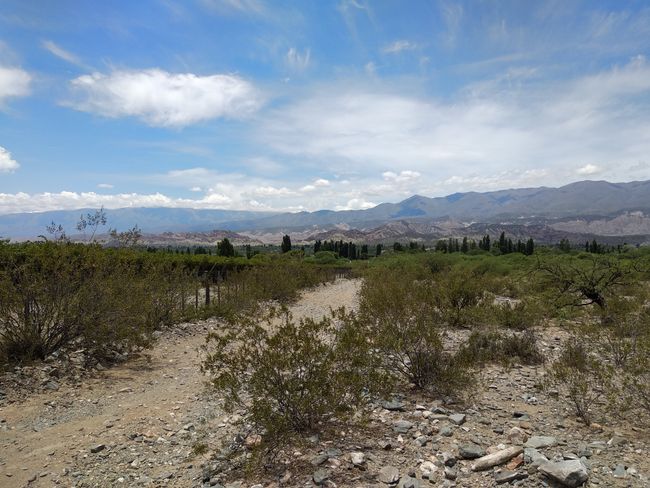
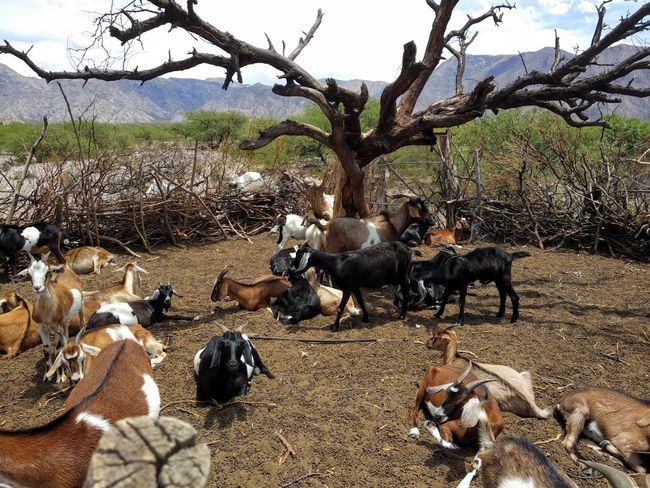
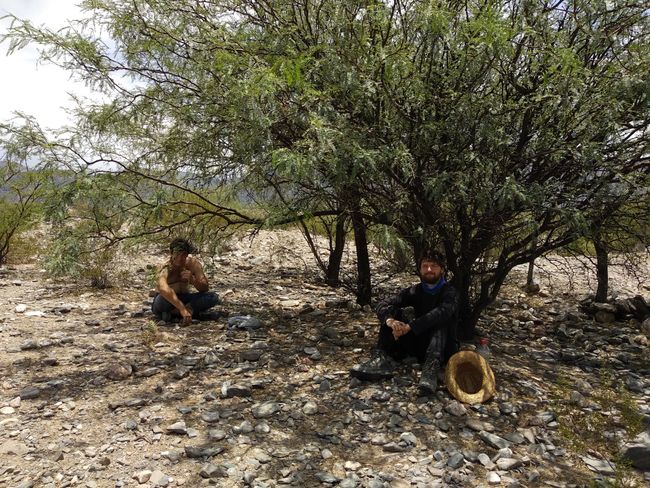
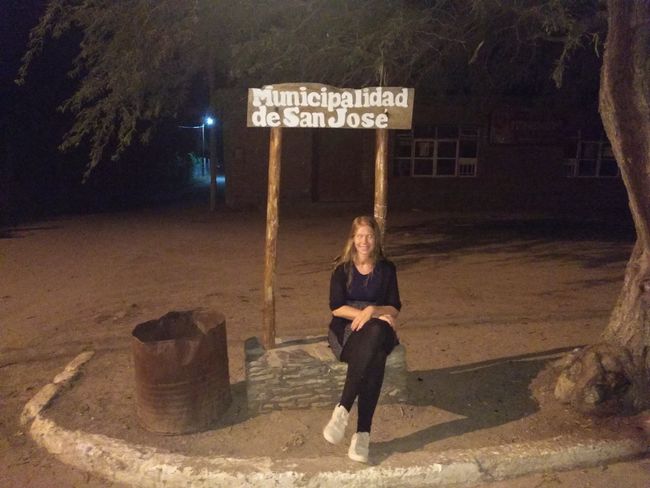
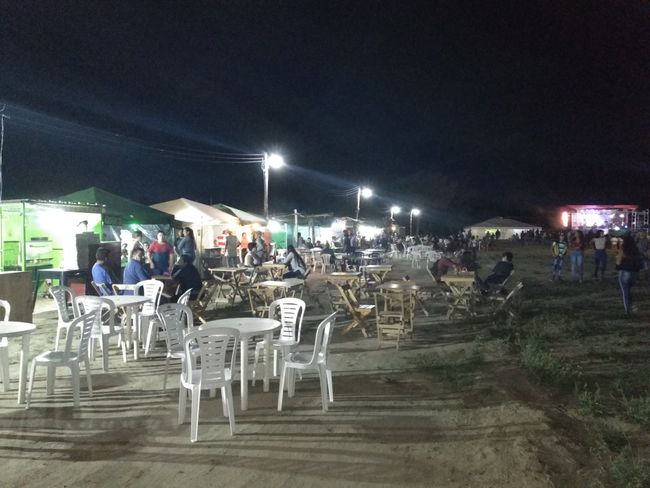
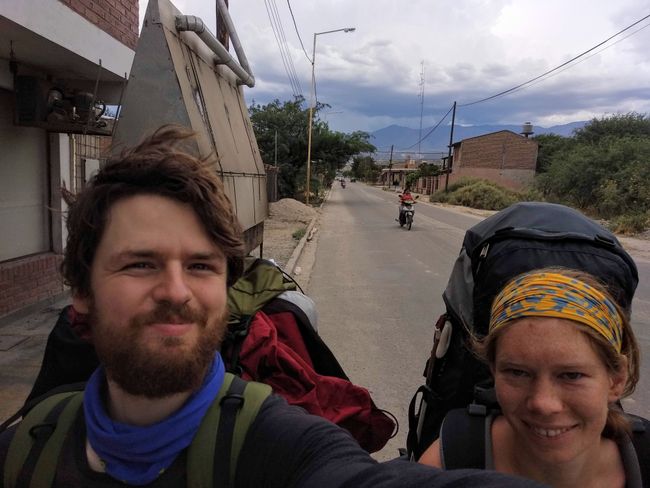
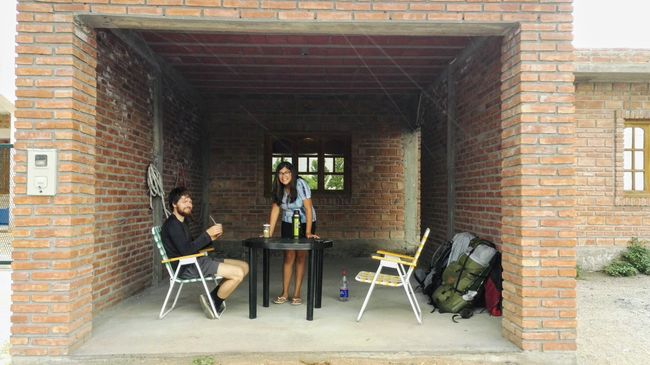
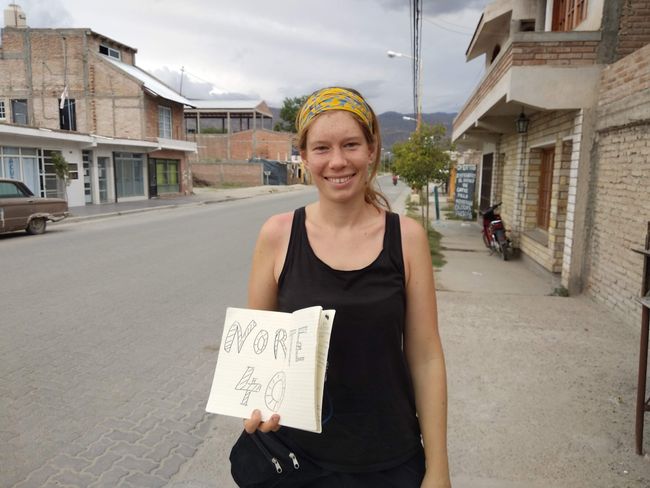
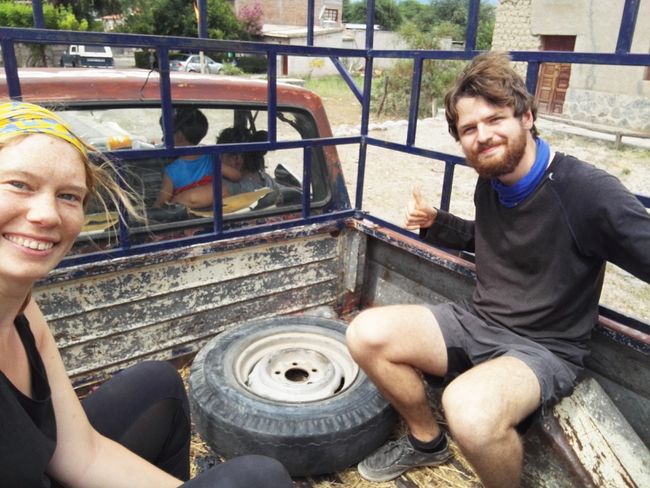
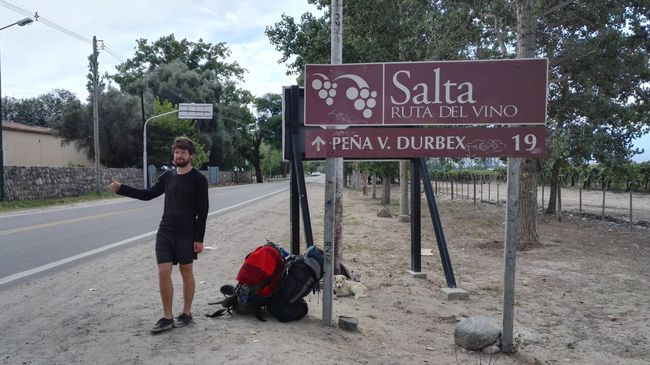
Abonējiet biļetenu
Without much information about Jan and his Argentine mother Sonia's farm, we arrive in San Jose. The two of them emigrated from Germany three months ago and bought half a hectare of land with a run-down little house on it. From the main road, you walk about 1 km down a sandy path before reaching the farm. The surroundings and the land are beautiful: the Andes rise up around it, it is completely silent and very green, the stars and fireflies compete at night. The house, on the other hand, is still very rustic and you shouldn't be too delicate, as it has no roof or door for the toilet, so everyone can see you, and you should always announce when you have to go to the bathroom or take a shower. We are pleased to hear that there is Wi-Fi. The router gets its connection from a long iron rod that extends 10m from the house, with a modem attached to its tip. Cooking is done either on a fire pit in the garden or on a portable hot plate placed on an upturned garbage can. Unfortunately, Sonia and Jan's few belongings were stolen by burglars while they were away over Christmas. They took everything that wasn't nailed down, even pots and dishes. Fortunately, we brought an extra pot. During the day, two construction workers always come, but their relaxed mentality does not necessarily lead to rapid progress in the house. Jan grows corn, pumpkin, potatoes, tomatoes, sunflowers, peanuts, beans, watermelons, zucchini, and alfalfa (animal feed) on the farm. There are many fig and peach trees that are heavily laden with fruit, causing branches to break from time to time, much to Jan's dismay, who curses at every opportunity.
We stay on the farm of the two for a week and help with various activities. We weed the cornfield, water the plants, and build supports for the peach trees. We learn how to make bricks easily and cheaply: mix dark and harder soil with lighter and sandy soil, add water and chopped straw, and mix it all together. Shape the mud into bricks and let them dry in the sun: the adobe bricks are finished and some neighbors actually use them in their mud huts. We make some bricks ourselves to build a doghouse for Bobby the dog. Unfortunately, there is not enough time to complete the project. The house has a water connection and fortunately, the water is drinkable. However, additional water needs to be bought to flood the field, which is delivered through narrow channels that extend across the neighboring fields to their own field. During our time, Jan buys water twice and for four hours, it flows onto the fields. We check the channels to ensure that nothing is lost and build dams to redirect the water. This involves standing knee-deep in water. We also create new beds in the garden: for this, we dig up the soil, remove grass and weeds, fence and water the soil, and the next day we plant various seeds. We are curious to see if anything will grow. Miriam cleans Bobby with soap and vinegar to rid him of fleas. We help Sonia with cooking, and there is always very delicious food, such as homemade pesto or self-baked olive bread, and together we drive to Santa Maria for shopping and other errands. Miriam has the important task of waiting outside the supermarket with Clio, Sonia's Chihuahua. Clio sits in a handbag and trembles anxiously until Sonia returns. We live in our tent, which we have squeezed into a shady spot between the beds. However, it gets so hot from 8 am that we can never sleep longer and are usually awake before Sonia and Jan. We find a nice shady spot for our hammock, which becomes our retreat.
It is currently summer in South America, where there should be a little more rain. The rain is not monsoon rain, as we are too far away from the equator. Instead, it is characterized by humid heat and many thunderstorms. One night, at 5 am, we are awakened by a violent thunderstorm. One lightning bolt after another strikes from the sky, and our tent is illuminated. The earth shakes and we huddle together. Suddenly, there is a loud bang and a lightning bolt strikes the antenna on the house, causing it to burn out and destroying the antenna and the router. We flinch and hope that it finally stops. The next morning, we are woken up by the sun again, and it feels as if it was all a bad dream, except that the internet access is lost.
Jan shows us the surrounding area, and we see a wide dried-up riverbed and the fields of his neighbors. The three of us set off on a slightly longer hike. This time, the river is filled with water after the thunderstorm, so we have to take off our hiking boots to wade through it. Families play with their children and dogs in the water while listening to music. We visit a small kiosk, walk through small villages consisting of only one street, see cacti, and the Andes keep getting bigger. It becomes increasingly difficult to find shade, and the heat takes its toll on us, so at some point, we seek shade under a withered tree. One evening, we visit a small festival in San Jose and the three of us share a bottle of wine.
Time jump to the beginning: On our first evening on the farm, some acquaintances of Sonia and Jan come by and we drink wine and beer together, which we contribute to. For the workers, the weekend consists of drinking from Friday to Sunday, without sleep thanks to cocaine. The next day, Jan and I meet Diego from the previous evening, who stops by the road in his car with a tattooed friend. They are still drinking and apparently haven't slept. They convince us to get in their car because they want to invite us for Asado (various grilled meats). But instead of driving to his house, Diego suddenly turns into a sandy path and drives towards the desert. Then he leaves the sandy path and drives across the fields. The three of us in the back seat all have the same thought and feel a little uneasy. The car rattles across the desert, each time crashing when the bottom of the car hits a rock. Then, in the middle of nowhere, Diego stops. As we get out of the car and the friend of Diego lights a joint, it becomes clear to us: the state they are in is not dangerous for us. And they just want to show us the surroundings, which are actually beautiful and remind us a little of Breaking Bad. Unfortunately, they don't have the money for the Asado meal, as they now inform us. We drive back when they have finished smoking the joint, and Diego, the creepy friend, still doesn't say a word. Stones continue to hit the underside of the car, and Diego races around the curves with wide-open eyes. Suddenly, the car stops: the tank is empty. We are now back on the main road, give them some money for a little fuel, and walk back home.
The idyll on the farm is a bit marred by the arguments between Sonia and Jan. They have different opinions on many topics, and the discussions escalate quickly, perhaps because Sonia has poor hearing and needs to shout loudly and repeat everything. They don't take much consideration of us during these arguments. After a week, the good mood begins to crumble: we receive little gratitude and respect for our work and are not allowed to have a second portion of lunch after four hours of work and picking up trash in the sun without receiving ungrateful comments from Sonia. So we move on because it is no longer worth it, but we still have many good hours in positive memory.
Luck seems to be on our side: the third car, a jeep, takes us on its flatbed from San Jose to Santa Maria. There, a man picks us up and drops us off on Route 40, which leads north. Unfortunately, it is already late and there are hardly any cars passing by going towards Salta. In addition, a new thunderstorm is brewing, and after our experience in the tent, we are quite scared of it. On the other side of the road is a large empty garage, and we knock on the door of the house and ask if we can take shelter there. The young girl is very friendly, brings a table, folding chairs, and mate tea, and spends time with us until the storm is over. A bus to Cafayate drives past and we wave it down. When we arrive, we find a campsite right next to the bus terminal where we spend the night. The next day, we try hitchhiking again, but unfortunately, most cars are full, and after two hours, we take the bus to Salta again. Now we spend four days in a nice hostel, rest, and process all the beautiful experiences and the less pleasant ending.
Abonējiet biļetenu
Atbilde
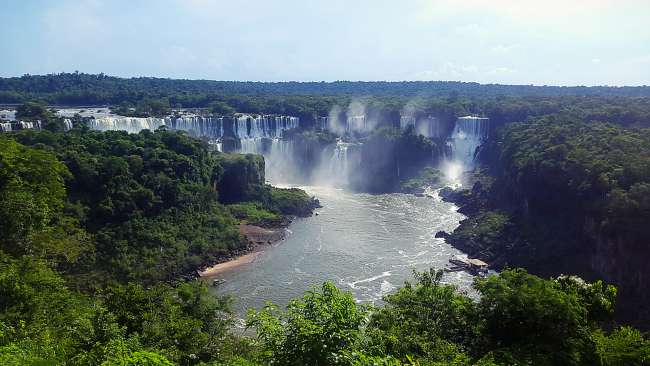
Ceļojumu pārskati Argentīna
